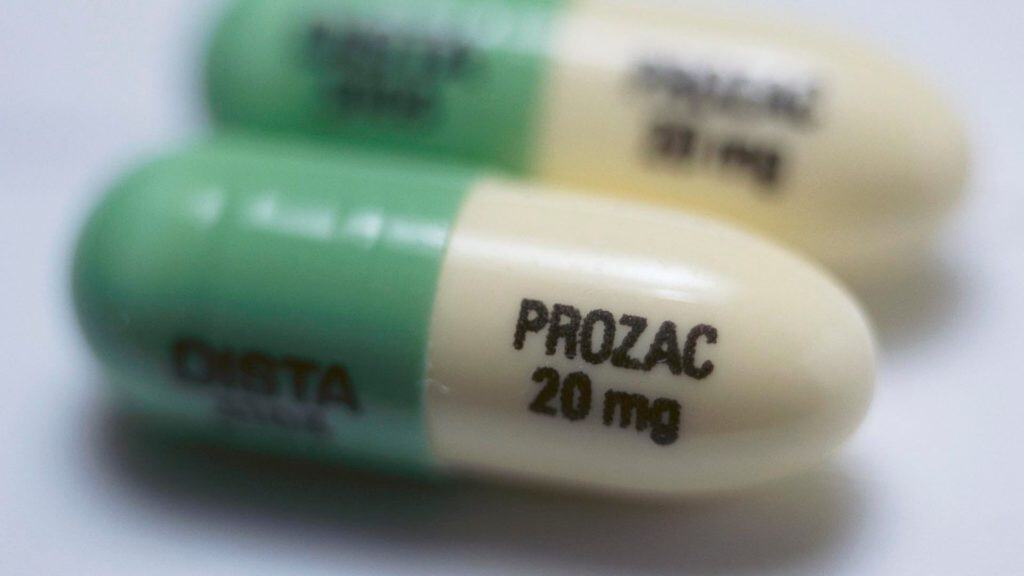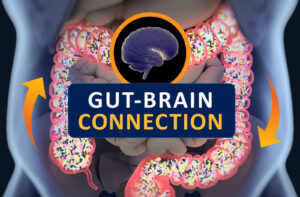Fluoxetine, more commonly known as Prozac, is an antidepressant used by millions of people around the world. It helps many, but can it hurt you? A study done by researchers at UCLA shows that it might.
Up to 90% of serotonin in the body is produced in the gut. This is a substantial amount of a substance which sends signals between the calls. A particular bacteria in the gut, Turicibacter sanguinis is shown to detect and move serotonin into and out of cells. The study showed how fluoxetine affects serotonin production in the gu in relation to gut bacteria.
The research team discovered that mice with a particular mix of gut bacteria, mostly Turicibacter sanguinis and Clostridia showed increased production of serotonin.
To contrast, the researchers also tested mice without Turicibacter sanguinis. These mice showed that 50% of the serotonin from their gut was missing. Serotonin levels rose to normalcy when the bacteria were introduced back into the microbiomes of the mice.
The researchers then wanted to answer the new questions they had: “do gut bacteria signal for and use serotonin? If so, why? And what for?”
The researchers conducted a new study with this question as the focus. In this study, the researchers added serotonin to the drinking water of some mice, and raised others with a specific mutation that increased the level of gut serotonin.
They looked at both groups of mice to compare. After studying the microbes of the mice, the researchers found that the bacteria, Turicibacter and Clostridia, significantly increased with the presence of more serotonin, regardless of it was added to the water or produced naturally.
The researchers found a specific protein in multiple species of Turicibacter that has structural similarity to the serotonin-transporting protein found in mammals.
Turicibacter grown in a lab showed the ability to transport serotonin into cells the same way it would if the bacteria occured naturally.
Another phase of the study included an experiment adding the antidepressant fluoxetine, the scientific name for Prozac, into the mix. Fluoxetine blocks serotonin transporter, the tube which contains the Turicibacter, in mammals. Adding fluoxetine caused the Turicibacter to be significantly less responsive compared to if fluoxetine was not present.
The researchers exposed Turicibacter to serotonin and fluoxetine. They discovered it had a significant impact on how well the bacteria could live in the gut. The bacteria thrived in the gut of mice without fluoxetine, but the mice with fluoxetine had much lower levels.
Lead author Thomas Fung stated,
“Previous studies from our lab and others showed that specific bacteria promote serotonin levels in the gut. Our new study tells us that certain gut bacteria can respond to serotonin and drugs that influence serotonin, like antidepressants. This is a unique form of communication between bacteria and our own cells through molecules traditionally recognized as neurotransmitters.”
The team is eager to learn how the interaction between antidepressants and the gut microbiome can impact our long term health. This could further strengthen the link between gut health and disease.
Consult with your doctor before changing, stopping, or starting any medicines or medical treatment.




